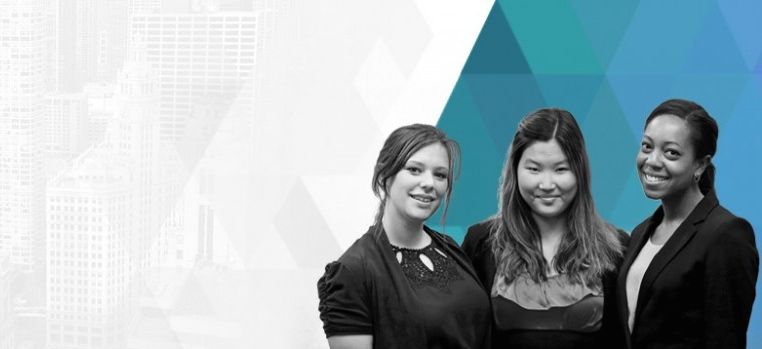What can we do in the wake of these American tragedies?
By: Rapheal Mathis
Edited by: Deni Kamper
These past couple of weeks have been filled with a lot of heinous crimes against African Americans, police officers, and humanity in general. The United States is on edge, the racial divide is increasing, and people are honestly conflicted. You may ask yourself, where do I stand in the midst of all this chaos? What side do I identify with, and why do I identify with this side? How can I help to bring about resolution in a time of civil unrest?
These questions are hard ones to answer, but the only way to engage is first through conversation. There are so many opinions when it comes to police brutality, but just like interfaith dialogue we must come to the table with an open mind. Our faith is a core part of our lives and shapes the people we become and who we go on to be. However, so is our race, and if we neglect to acknowledge that it shapes the people we become and go on to be, then we are missing a piece of the puzzle. In order for there to be true cohesion we must dig even deeper into our identities and ask those hard questions.
Even when we ask ourselves those hard questions, the work does not stop there. Once we get to the heart of the matter, we must now repair the heart. This comes when we realize the worth we all have as human beings. A big part of the division is because we can easily take on a viewpoint that has been fed to us by the media or from a bad experience. When this happens, we ourselves can blanket certain traits over an entire group. Our ignorance only blinds us and prevents the clarity that leads to cohesion. I read a post on Facebook about an African American woman and a white male police officer exchanging words in a gas station. During this exchange they both realized that at this time in our country they both are under the scrutiny of different groups. In this moment of realization, there was no altercation but instead they shared an embrace and said they didn’t hate one another. This is what needs to happen at the end of the day. Once our conversation and dialogue pull back those layers, we must be action takers and make the conscious effort to connect with one another.
People in our country are hurting. We must strive to engage and connect in order to unify and progress. No matter your faith, your culture, your race, or your ethnicity, once you realize that you can help with this problem, you are already taking a step in the right direction. I would then challenge you to talk with someone who is being affected by what is going on and try to understand them. Challenge yourself to be uncomfortable and put yourself out there in an effort to help us unite. The tragedies that have taken place in our country could easily hit another group of people. The problem of police brutality and race can push its way into any of our lives. Let’s try to get ahead of this issue and dialogue with each other. Let’s tear down stereotypes for the sake of solidarity.

